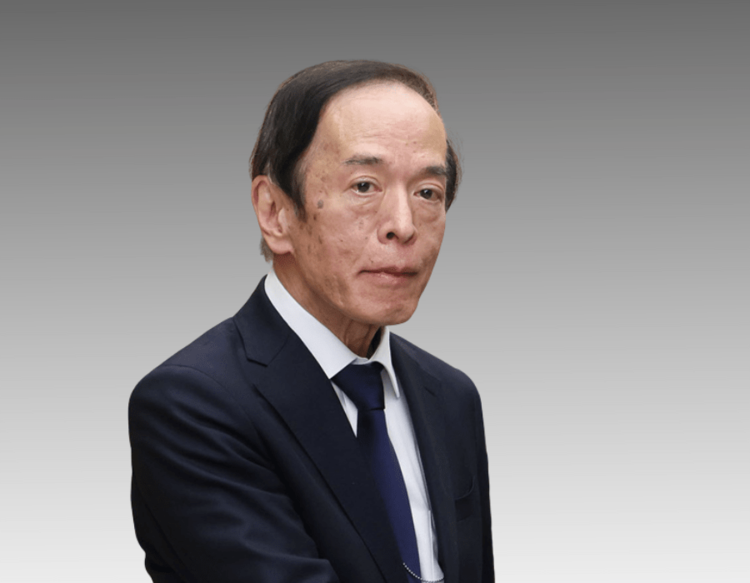Bank of Japan (BoJ) Governor Kazuo Ueda recently stated that he sees “no immediate need” to review the joint statement between the BoJ and the government that was made in 2013. Additionally, Ueda noted the positive effects that government labor reform has had on the economy. Since the 2013 statement, which included a commitment to “flexible” policy, the BoJ has undertaken a number of measures aimed at raising inflation and improving the overall economic environment. Governor Ueda’s recent comments suggest that the central bank is content with its current roadmap and will maintain its wait-and-see approach.
As one of the principal architects of the BoJ’s massive stimulus program, it is essential to consider Kuroda’s policies in context. After two decades of deflation and economic stagnation, Japan embarked on a bold monetary experiment in 2013. Government reforms, in conjunction with central bank easing, were intended to break the cycle of deflation and jump-start the economy. Despite some initial success, inflation remains subdued and the economy is still struggling to find a firm footing.
Governor Ueda’s comments regarding the 2013 joint statement reflect the challenges facing the central bank. While the BoJ’s policies have helped to some extent, the road to sustained economic growth and inflation is proving to be a long and difficult one. The delay in achieving the target inflation rate may lead some market participants to question the BoJ’s commitment to its goals.
Looking ahead, the BoJ’s strategy of maintaining its accommodative policy stance and allowing other government reforms to take effect may be the most prudent course of action. As Ueda noted, it is critical for economic growth to translate into higher wages for workers – a goal that has proven elusive so far. By allowing the effects of past policy measures to continue filtering through the economy, the BoJ can maintain an adequate level of policy flexibility and avoid overreacting to short-term fluctuations in economic data.
There are some positive signs emerging in the Japanese economy, including an improvement in both prices and wage growth. Exchanging views with the government and seeking appropriate policy measures at every opportunity will be essential in determining the best course of action moving forward. Although it may take time, it is crucial for Japan to achieve its inflation target in order to foster sustainable economic growth and development.
However, as seen with the recent appreciation of the Japanese yen, external factors can significantly influence the BoJ’s policy trajectory. A stronger yen can exert downward pressure on inflation and impede the central bank’s ability to reach its 2% target. With the global economic outlook remaining uncertain, the BoJ may have to consider implementing additional policy measures to counteract these external forces and maintain stability in the domestic economy.
In conclusion, the comments from BoJ Governor Ueda suggest that the central bank is maintaining its wait-and-see approach while closely monitoring the economic situation. Although a complete review of the 2013 joint statement may not be required at present, it is essential for the BoJ to keep open communication with the government and maintain a flexible policy stance. The ultimate goal of achieving the 2% inflation target and fostering sustainable economic growth may still be some way off, but it is important for the BoJ to remain committed to its objectives and avoid an overreaction to short-term data fluctuations.


